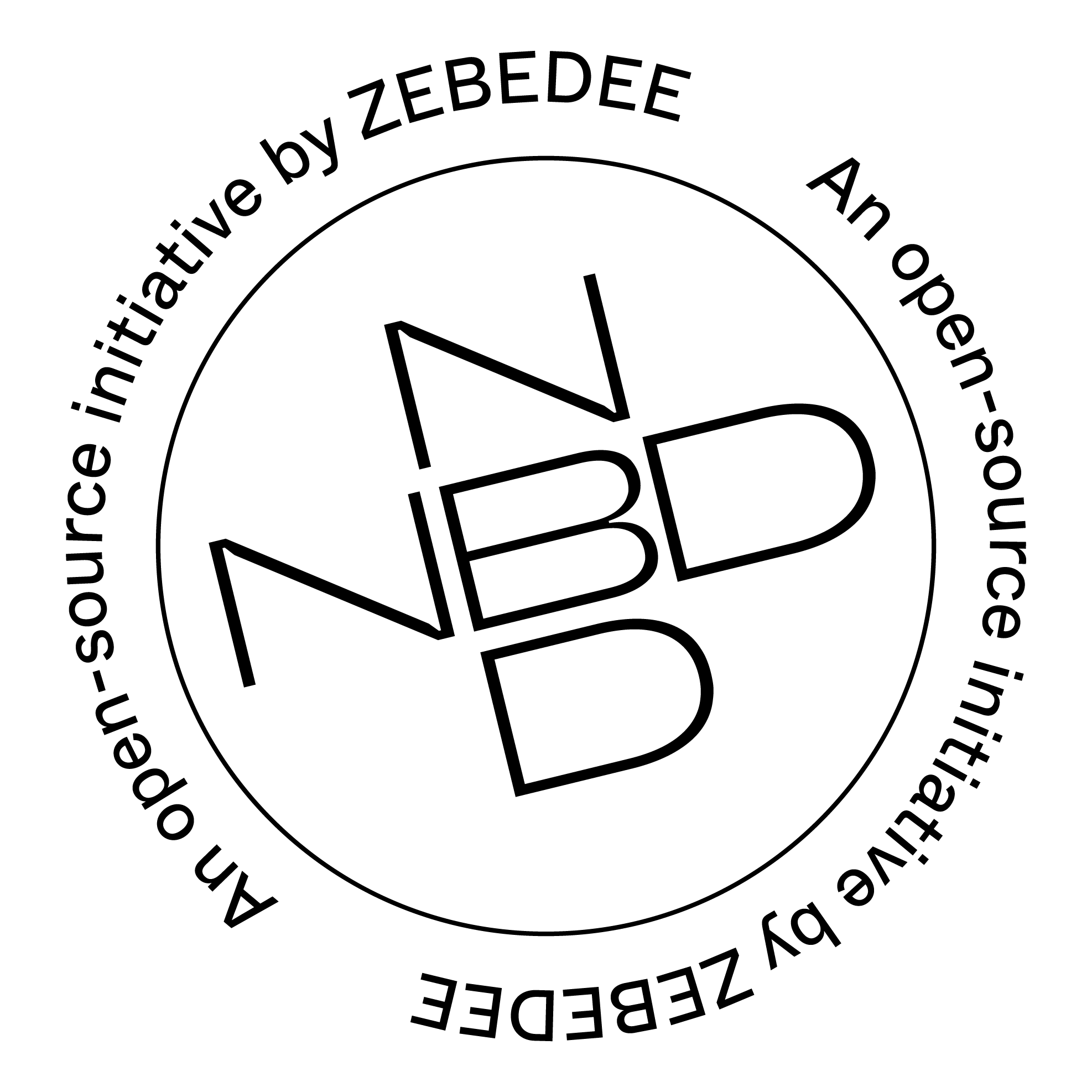A set of useful things for Nostr Protocol implementations.
go get github.com/nbd-wtf/go-nostrpackage main
import (
"fmt"
"github.com/nbd-wtf/go-nostr"
"github.com/nbd-wtf/go-nostr/nip19"
)
func main() {
sk := nostr.GeneratePrivateKey()
pk, _ := nostr.GetPublicKey(sk)
nsec, _ := nip19.EncodePrivateKey(sk)
npub, _ := nip19.EncodePublicKey(pk)
fmt.Println("sk:", sk)
fmt.Println("pk:", pk)
fmt.Println(nsec)
fmt.Println(npub)
}ctx := context.Background()
relay, err := nostr.RelayConnect(ctx, "wss://relay.stoner.com")
if err != nil {
panic(err)
}
npub := "npub1422a7ws4yul24p0pf7cacn7cghqkutdnm35z075vy68ggqpqjcyswn8ekc"
var filters nostr.Filters
if _, v, err := nip19.Decode(npub); err == nil {
pub := v.(string)
filters = []nostr.Filter{{
Kinds: []int{nostr.KindTextNote},
Authors: []string{pub},
Limit: 1,
}}
} else {
panic(err)
}
ctx, cancel := context.WithTimeout(ctx, 3*time.Second)
defer cancel()
sub, err := relay.Subscribe(ctx, filters)
if err != nil {
panic(err)
}
for ev := range sub.Events {
// handle returned event.
// channel will stay open until the ctx is cancelled (in this case, context timeout)
fmt.Println(ev.ID)
}sk := nostr.GeneratePrivateKey()
pub, _ := nostr.GetPublicKey(sk)
ev := nostr.Event{
PubKey: pub,
CreatedAt: nostr.Now(),
Kind: nostr.KindTextNote,
Tags: nil,
Content: "Hello World!",
}
// calling Sign sets the event ID field and the event Sig field
ev.Sign(sk)
// publish the event to two relays
ctx := context.Background()
for _, url := range []string{"wss://relay.stoner.com", "wss://nostr-pub.wellorder.net"} {
relay, err := nostr.RelayConnect(ctx, url)
if err != nil {
fmt.Println(err)
continue
}
if err := relay.Publish(ctx, ev); err != nil {
fmt.Println(err)
continue
}
fmt.Printf("published to %s\n", url)
}To get more logs from the interaction with relays printed to STDOUT you can compile or run your program with -tags debug.
To remove the info logs completely, replace nostr.InfoLogger with something that prints nothing, like
nostr.InfoLogger = log.New(io.Discard, "", 0)go run example/example.go
Using libsecp256k1
libsecp256k1 is very fast:
goos: linux
goarch: amd64
cpu: Intel(R) Core(TM) i5-2400 CPU @ 3.10GHz
BenchmarkWithoutLibsecp256k1/sign-4 2794 434114 ns/op
BenchmarkWithoutLibsecp256k1/check-4 4352 297416 ns/op
BenchmarkWithLibsecp256k1/sign-4 12559 94607 ns/op
BenchmarkWithLibsecp256k1/check-4 13761 84595 ns/op
PASS
But to use it you need the host to have it installed as a shared library and CGO to be supported, so we don't compile against it by default.
To use it, use -tags=libsecp256k1 whenever you're compiling your program that uses this library.
Remember to cancel subscriptions, either by calling .Unsub() on them or ensuring their context.Context will be canceled at some point.
If you don't do that they will keep creating a new goroutine for every new event that arrives and if you have stopped listening on the
sub.Events channel that will cause chaos and doom in your program.
Use NIP-34 to send your patches to naddr1qqyxwmeddehhxarjqy28wumn8ghj7un9d3shjtnyv9kh2uewd9hsz9nhwden5te0wfjkccte9ehx7um5wghxyctwvsq3vamnwvaz7tmjv4kxz7fwwpexjmtpdshxuet5qgsrhuxx8l9ex335q7he0f09aej04zpazpl0ne2cgukyawd24mayt8grqsqqqaueuwmljc.
